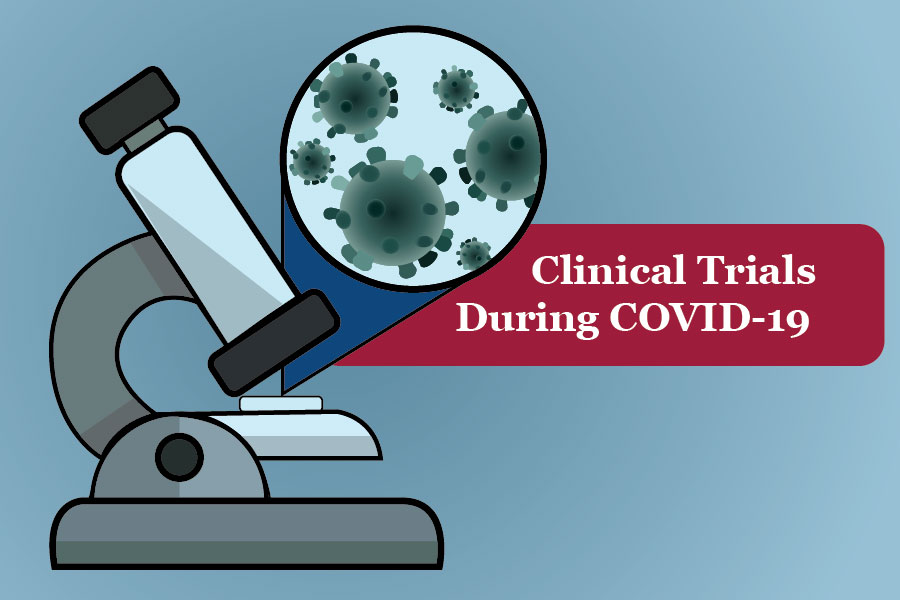The COVID-19 pandemic has had a broad and prevalent impact on the FDA and “normal” medical device life as the industry knows it. Everything from routine inspections to premarket notification reviews have been disrupted by the pandemic, and clinical trials are no exception. The obstacles the COVID-19 pandemic poses to clinical trials include quarantines, site closures, travel limitations, supply chain interruptions, and overall safety concerns about site personnel and trial subjects. Despite the pandemic, however, the agency recognizes that clinical trials may need to begin or continue throughout the public health emergency. The FDA has put guidance in place which should assist trial sponsors to assure the safety of participants, maintain compliance with good clinical practices (GCP), and overall minimize any risks to trial integrity.
Ensuring the safety of clinical trial participants continues to be the top priority for the agency, so they have outlined key factors that should be considered when deciding to suspend, continue, or initiate a new study during the pandemic. Trial sponsors should weigh out if it is necessary to amend or deviate from study processes and/or procedures to keep participants safe. For example, if it is feasible to conduct visits via teleconference versus physically going to the investigational site that would be an acceptable deviation to continue the trial. Typically, any amendments or deviations would need formal approval by the IRB and notification to the FDA before being implemented; however, due to the pandemic, the agency has relaxed that regulation. The guidance allows for submitting one consolidated summary of implemented changes that occurred before approval if it is submitted as soon as possible and documented in all relevant reports.1
When considering whether to halt the clinical trial or not, sponsors should examine if participants are benefitting from the investigational products and if there could be any adverse effects from stopping the treatment. Part of this consideration should be the seriousness of the disease being treated, whether there are any alternative treatments, and what the risks are of switching treatments.2 All considerations and any contingency measures taken to ensure participant safety need to be fully documented in all trial reports.
Overall, there are a lot of unknowns when it comes to navigating clinical trials during the COVID-19 pandemic. With now over 1 million positive cases in the United States, it is critical to ensure that all measures are taken to prioritize participant safety.3 If you are considering how to begin or continue a clinical trial during the pandemic, EMMA International can help you prepare. Reach out to us at info@emmainternational.com or give us a call at 248-987-4497 to see how we can help!
1FDA (April 2020) Guidance on Conduct of Clinical Trials of Medical Products during COVID-19 Public Health Emergency retrieved on 04/29/2020 from: https://www.fda.gov/media/136238/download
2Mehzer, RAPS (April 2020) Clinical trials during COVID-19: Updates from FDA, MHRA, and TGA retrieved on 04/29/2020 from: https://www.raps.org/news-and-articles/news-articles/2020/4/clinical-trials-during-covid-19-updates-from-fda-m
3CDC (April 2020) Coronavirus Disease 2019 Cases in the US retrieved on 04/29/2020 from: https://www.cdc.gov/coronavirus/2019-ncov/cases-updates/cases-in-us.html






